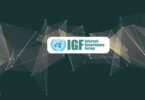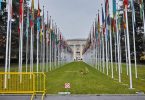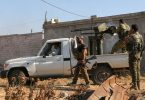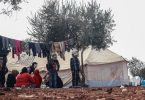Building Blocks is a United Nations World Food Programme (WFP) that enables cash transfers to refugees in conflict zones using blockchain technology.
Usually, the WFP prefers to use financial institutions to distribute cash using debit cards. However, local financial institutions can often be unreliable or simply not big enough to process payments in conflict zones. For these situations, the WFP created Building Blocks as a direct way to distribute cash to program participants using mobile payments. The solution benefits more than 100,000 Syrian refugees living in camps in Jordan.
Cash from the U.N. WFP is kept in individuals’ accounts on the blockchain ledger and all transactions are recorded on the permissioned blockchain. Building Blocks also partnered with UNHCR’s biometric identification system, which allows refugees to pay for food from shops in the refugee camp by scanning their eyes.
Through Building Blocks, individuals are given encrypted IDs or code numbers to differentiate themselves without revealing their true identities.
In 2019, the U.N. WFP distributed over $2.1 billion across all its initiatives to more than 28 million people in 64 countries. Currently, Building Blocks assists over 400,000 refugees around the world.
Another initiative in which the U.N. is involved is the Kiva Protocol, developed alongside financial services charity Kiva. The Protocol is a blockchain platform that creates online identities for Sierra Leone residents and enables individuals who struggle to get loans to prove their credit history.
Meanwhile, last year U.N.’s UNICEF launched its Cryptocurrency Fund, which enables the organization to receive, hold, and distribute donations made in blockchain-based assets.






